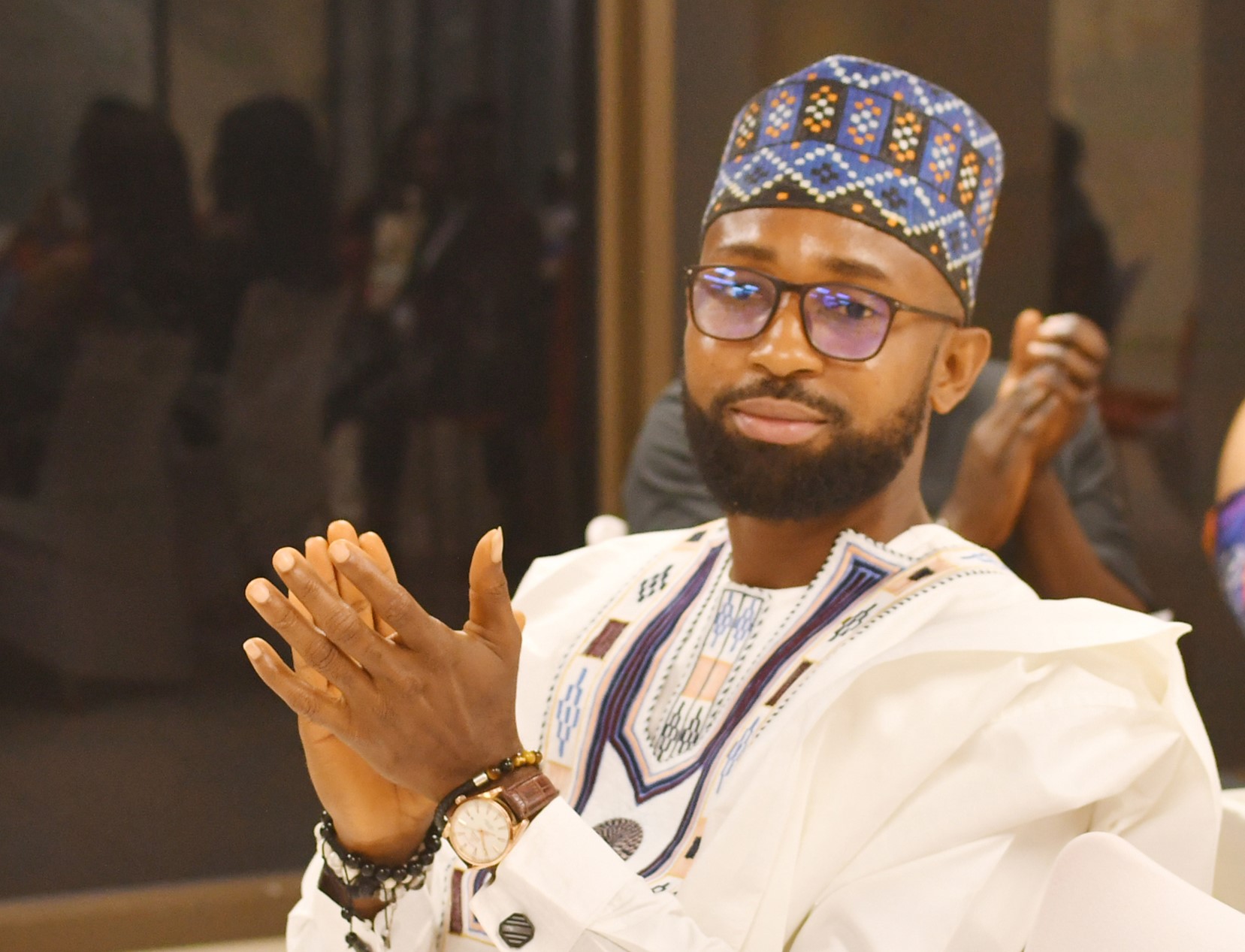
David Zack
The Nigerian Electricity Regulatory Commission (NERC) has introduced updated guidelines for adjusting electricity tariffs, amid growing concerns over potential price increases.
Chairman of NERC, Sanusi Garba, emphasized that under the provisions of the 2023 Electricity Act, the regulator is mandated to ensure that electricity distribution companies (DisCos) can recover their reasonable operational costs, sustain their businesses, and earn a fair return on their investments.
NERC employs the Multi-Year Tariff Order (MYTO) methodology to regulate electricity pricing. A comprehensive tariff review is conducted every five years, with a notification issued to DisCos one year prior to any significant adjustment. Following this notification, the companies are required to submit detailed documentation within 120 days, justifying their need for tariff revisions.
The submission process mandates that DisCos provide financial statements, business plans, and evidence of stakeholder consultations regarding the proposed adjustments. NERC then undertakes a thorough review of the submissions, a process that spans up to 90 days. Subsequently, the commission publishes its findings and invites public feedback over a 21-day period before convening a public hearing. A final decision is rendered within 30 days after the hearing.
For minor and periodic adjustments, NERC considers multiple economic indicators, including fuel costs, inflation rates in both Nigeria and the United States, foreign exchange fluctuations, and the prevailing electricity generation levels.
Olu Verheijen, the Special Adviser to the President on Energy, has confirmed that tariff adjustments are imminent. She highlighted the government’s current monthly expenditure of over N200 billion on electricity subsidies, noting that a disproportionate share benefits the wealthiest segment of the population rather than those in dire need. To rectify this, the Federal Government is working towards a targeted subsidy mechanism designed to direct relief to low-income households, ensuring affordability and accessibility of electricity for millions of hardworking Nigerians.




